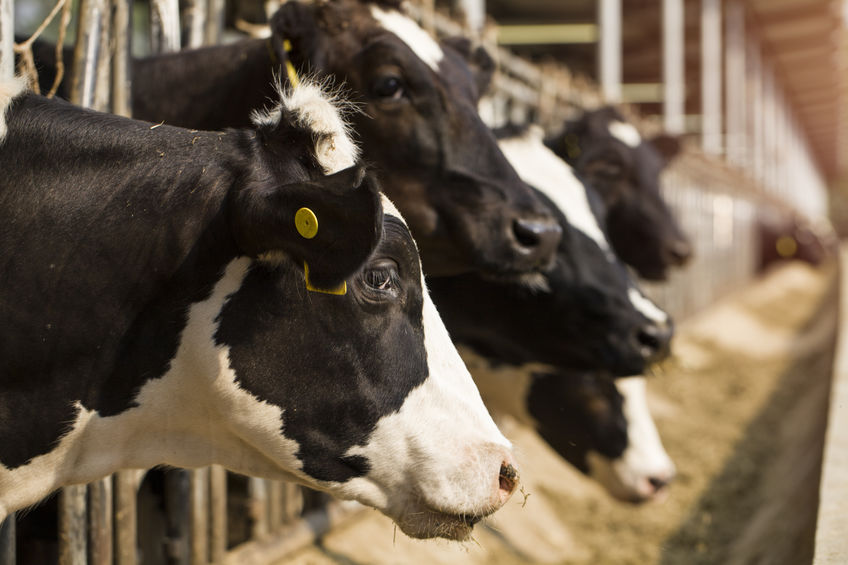
A new rapid testing service that will enable farmers to find out in days if a bulk milk or blood sample contains MAP - the cause of the wasting disease Johne’s disease - is to be launched by PBD Biotech.
The service, to be launched at DairyTech, uses the diagnostic test Actiphage to detect the presence of live mycobacteria in a sample of blood or bulk milk.
The test can find 1-2 cells in 50ml of milk, providing farmers with a high level of confidence in its quality. The milk test is also a valuable herd management tool.
If MAP is discovered in the milk, blood tests can identify infected individual animals in the milking herd, as well as in stock as young as six weeks, before they show clinical symptoms, offering the potential to eliminate the disease from the herd.
Johne’s disease is a wasting disease in ruminants that causes severe economic loss, often difficult to diagnose and can lie dormant in an animal until it is triggered by stress or another infection.
The major route for transmission is from the mother to the unborn calf through the placenta or through feeding with contaminated milk. It can also be shed in faeces and infect mature adults.
Unlike bovine TB, Johne’s disease is not a notifiable disease in England, Scotland and Wales so data on prevalence is limited.
Small-scale farm surveys indicate 17.5% of dairy herds are affected, and, despite milk being pasteurised, tests of retail milk have shown 10% to contain live MAP.
Robert Price-Jones, clinical director of Tysul Vets, said a pre-breeding test was urgently needed.
“A significant number of dairies will have a Johne’s control plan in place to prevent infections, which is based on regular testing, calving hygiene, calf management and breeding policy, including culling positive animals.
“The problem is the hidden nature of the disease, its latency. Computer estimates show eradication of Johne’s in a herd with 10% prevalence through test and management procedures could take 5-10 years – or longer if only one strategy is used in isolation.
“An accurate – more specific – diagnostic test for blood and milk that can be used as early as possible would improve control and eradication."
He added: “A pre-breeding test would be a good way of helping to control Johne’s – preventing positive animals from being bred would reduce the spread of bacteria in calving areas and prevent infection of calves through milk or placental transmission.”
Jonnie Yewdall, commercial director at PBD Biotech, is a former dairy farmer and was devastated when purchased stock introduced Johne’s disease into his herd.
“Our farm had never experienced Johne’s until we had to buy in cows to restock our herd after a bTB outbreak," he said.
"For example, we lost all the cows purchased from one farm in a non-TB area in the north of England, which then infected more in the established herd and young stock.
"If we had had access to a pre-movement test, we could have tested all the new animals and prevented this situation.”
